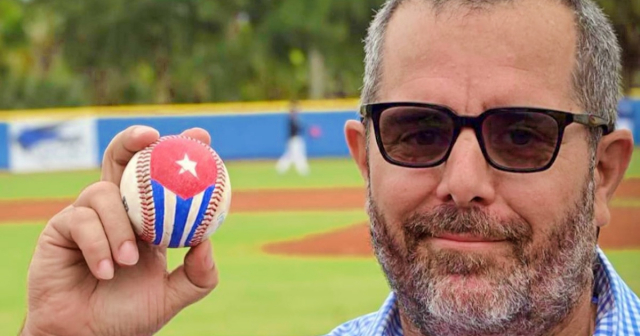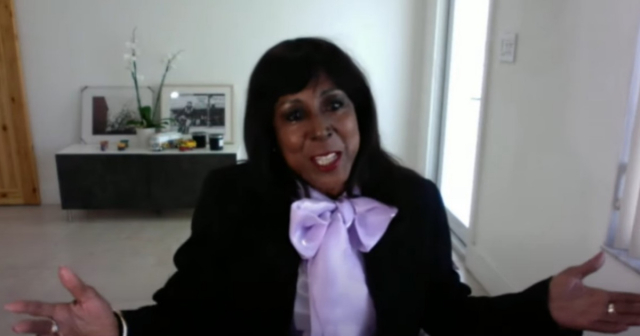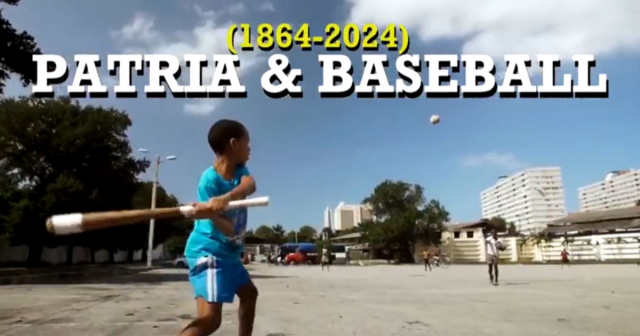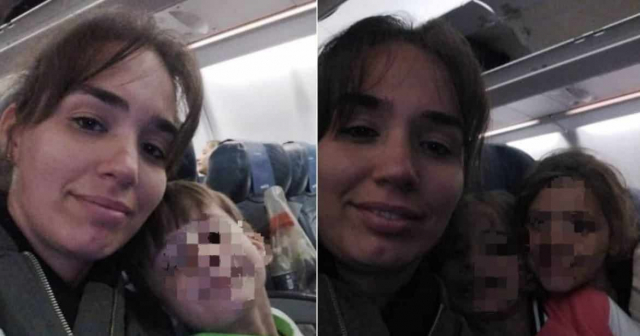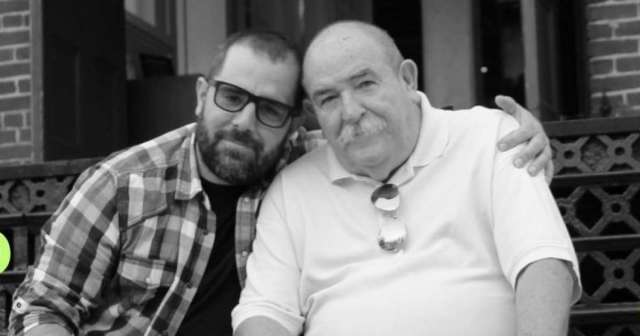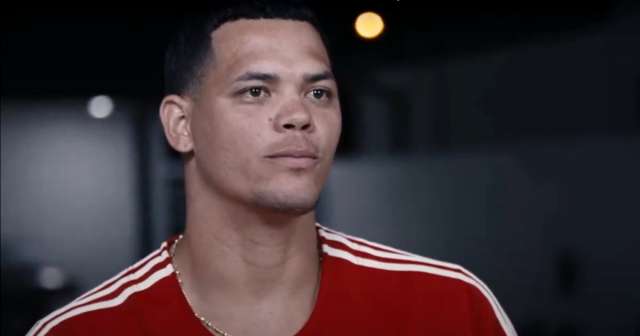Cuban visual artist Ian Padrón shared a short video from one of the neighborhoods in the city of Caracas, Venezuela, where popular protests are taking place in rejection of the electoral result that proclaimed Nicolás Maduro for a third term at the helm of the country.
Padrón said that he was in the parish of Petares, in the center of Caracas, one of the most populated neighborhoods in Latin America and where part of the protests in that South American country have occurred.
"Thousands of people have taken to the streets to protest the election results," said Padrón, who noted that it was a new experience for him to be present, although he emphasized the importance of its broadcast.
Since the National Electoral Council (CNE) declared Nicolás Maduro the winner of the presidential elections held last Sunday, July 28, social mobilizations quickly followed, pointing to fraud in the results.
Even the protesters have toppled several statues of the Bolivarian leader Hugo Chávez and carried one of the heads through the streets tied to a motorcycle.
The opposition, led by leader María Corina Machado, has denounced electoral fraud and the violent repression by Maduro's regime.
Machado stated that "violence is the last resort of the Maduro regime," and highlighted what he considered to be the desperate nature of government actions.
He called on the international community regarding the escalation of violence, stating that in the last 48 hours there have been "more than 177 arrests, 11 disappearances, and at least 16 deaths."
Maduro himself has stated in front of dozens of members of the Bolivarian National Guard (GNB, militarized police) in a sector of Caracas that they have "more than 1,200 captured criminals," the Efe agency reports.
The questioned leader indicated that these individuals were "trained in Peru and Chile, as well as in Texas and Colombia," with the aim of going to Venezuela to "carry out acts of violence."
Maduro's threatening rhetoric has not stopped, even before the electoral campaigns concluded. Regarding the events that have occurred since Sunday, he threatened to unleash a civil war in Venezuela and blamed the United States for the crisis in the country.
Questions regarding the legitimacy of the electoral results in Venezuela have spread around the world. One of the prestigious international observers, the Carter Center, stated that the elections did not meet international standards for electoral integrity, which prevents them from being considered democratic.
What do you think?
COMMENTFiled under:

